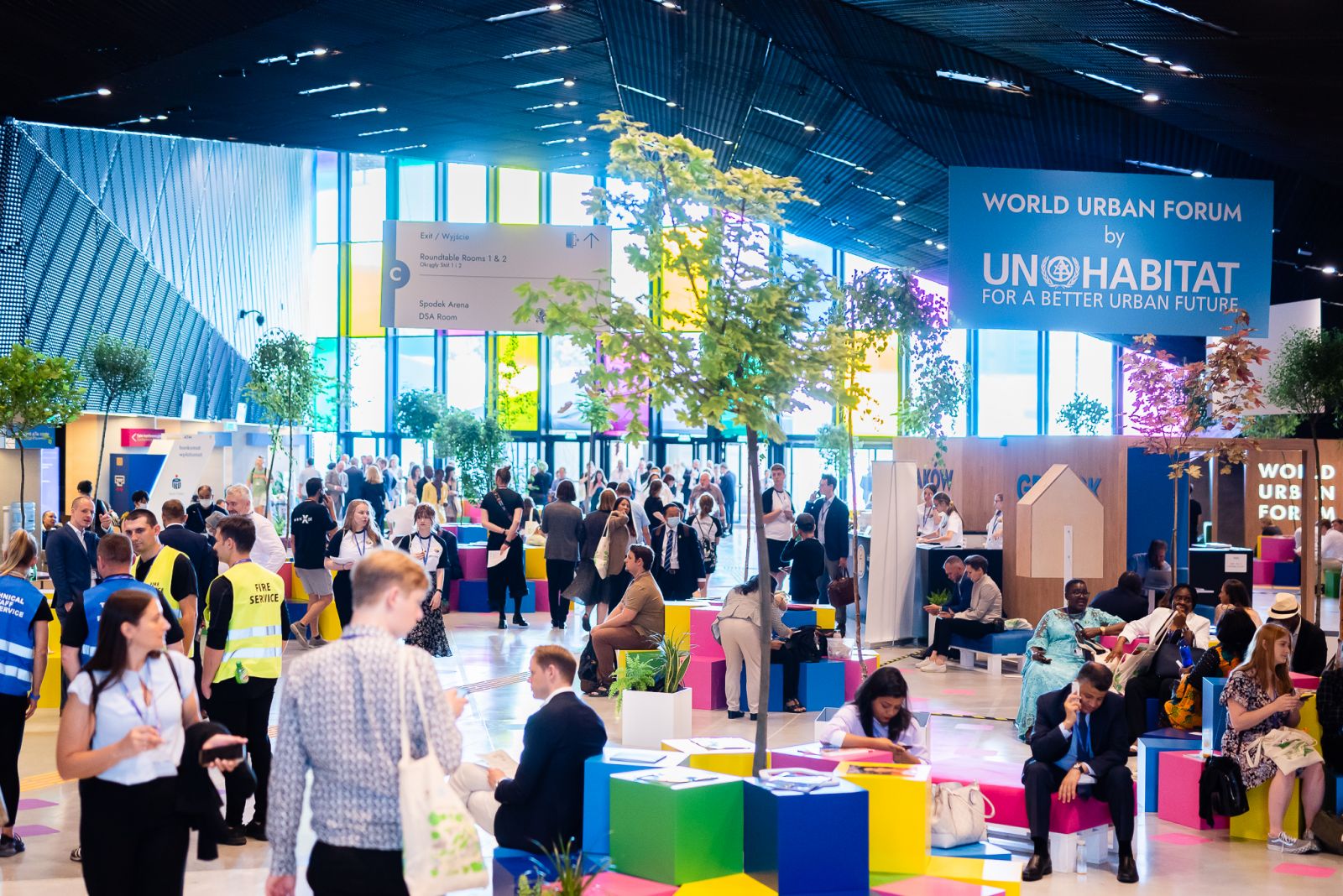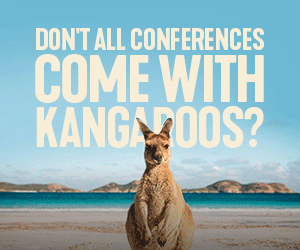Make Way for the Silesia Convention Bureau

Katowice © I like Silesia
In recent years, the Polish region of Silesia has been visited by almost 6 million people showing the scale that the meetings industry can infer in the region's business. In order to increase business travel services, the region decided to create its convention bureau to strengthen its features as a MICE destination.
In the European context, Poland is a large and diverse country, abundant in cultural and natural assets which brings together both large cities and relatively unexplored regions. Studies conducted by ICCA and evidenced by the pandemic, point to a growing interest in so-called second cities − destinations less known than the world’s major capitals, but generally safer and with more compact spaces that boast first-class infrastructure. If we add to this the emphasis on smart regions, affordable prices, calendar flexibility and the demand factor, it is possible to build lasting relationships with an association by providing exciting experiences. With this in mind, Silesian Tourist Organisation created the Silesian Convention Bureau (SCB) in order to boost the development of southern Poland, and leverage its tourism assets in the MICE segment. The DMO already has the formalised support of eighteen consortium members that include representatives from the world of science, large and small businesses, and individual sub-regions of the Silesian Province. As one of the smallest voivodships in terms of area, Silesia is one of the most geographically, historically and culturally diverse regions in Poland, where small old towns with castles and palaces coexist with young urban centres and revitalised post-industrial facilities.
Corporate clients already represent more than half of the hotel guests nationwide, in a region that has been visited by nearly 6 million people in recent years. “Before the pandemic, both in Poland and in Silesian Voivodeship, we observed a dynamic development of the industry, among other things, thanks to new hotels and facilities aimed at organising business events,” says Adam Wawoczny, CEO of the Silesian Tourist Organisation. The latest data for the region’s capital − Katowice − shows that 2022 was a period of return to the pre-2020 levels. According to the information contained in the report “Business tourism market in Katowice in 2020-2022”, 6,426 business events were held in Katowice last year, the largest of which was the Wuf11-World Urban Forum (photo below). Distinctive features of the brand also include the best developed communication network in the country, a great economic potential, a strong scientific centre and integrated services with numerous hotels, conference centres and restaurants. The SCB started operating in January this year and all planned activities aim to strengthen the interest of Silesia as an attractive MICE destination by organising study tours, collecting data to report on the state of business travel, and developing a database of service providers from across the region. “We also plan to participate in domestic and foreign industry events, partaking in international organisations and conducting educational and integrative activities in the region.”

One of the key competitive advantages of the region is the combination of natural wealth and urban diversity, which largely influences the bureau’s action strategy. “We have large convention centres in the region ideal for large events, such as COP24, the 2018 United Nations Climate Change Conference organised in Katowice, as well as a rich infrastructure for organising smaller events.” In Zabrze, for example, you can organise a golf match 320 metres deep in a historic mine. And if you want to organise a conference for several hundred people in a five-star hotel on a mountainside, you can do it in the beautiful Beskidy Mountains, perfectly connected to the region’s capital. On top of all this, SCB plans to develop a substantive support system together with its partners with a catalogue of benefits available to event organisers. Potential organisers will receive comprehensive information about the possibility of obtaining sponsorship for events organised throughout the region, public transport for event participants − i.e. the so-called “congress ticket” − obtaining funds − for example, from the Metropolitan Fund for the support of science or other public institutions − or promotional benefits from local government units.
The last few years have taught everyone that in a VUCA (Volatility, uncertainty, complexity and ambiguity) world nothing is predictable and the MICE industry has reacted quickly to this new normal. “I think we are much more flexible and prepared for crisis situations than in the pre-pandemic period,” says Wawoczny. “With innovative, high-tech-centric tools and new skills related to the implementation of virtual formats, we can cope with any conditions.” Technological support for the organisation of online events was crucial, as well as the adjustment of conference facilities to virtual reality. In Poland, know-how and technological background will be used in the future as many events now have a hybrid formula. And at the same time, Silesia is today one of the greenest regions in the country with numerous forests, landscaped parks and nature reserves (one on the UNESCO list). In Europe, several reports on the environmental impact of events are being implemented in accordance with ESG criteria, and Poland is no exception. “It is important to educate our industry in this area. It is not only about raising awareness, but also showing effective solutions to reduce emissions from an event whether it is climate neutral and how to report it. We plan to organise workshops on this topic for our consortium members,” says Wawoczny. One of the most important long-term goals of the bureau is certainly the integration of various MICE industry entities from across the Silesian Voivodship. The first step in this direction will be a project consisting of a series of industry meetings − Silesian Meeting Day. “The idea of the project is to build relationships between SCB consortium members, and its semi-open formula will allow to invite selected representatives of companies and organisations related to business tourism. All to strengthen and professionalise the MICE industry in the region.”

XVI European Economic Congress to be held from 7 to 9 May 2024 at the ICC Katowice, Poland
Other Articles
About Us
Supported by the Union of International Associations (UIA), the International Association of Professional Congress Organisers (IAPCO) and the Interel Group, the global public affairs and association management consultancy, Headquarters Magazines serve the needs of international associations organising worldwide congresses.














